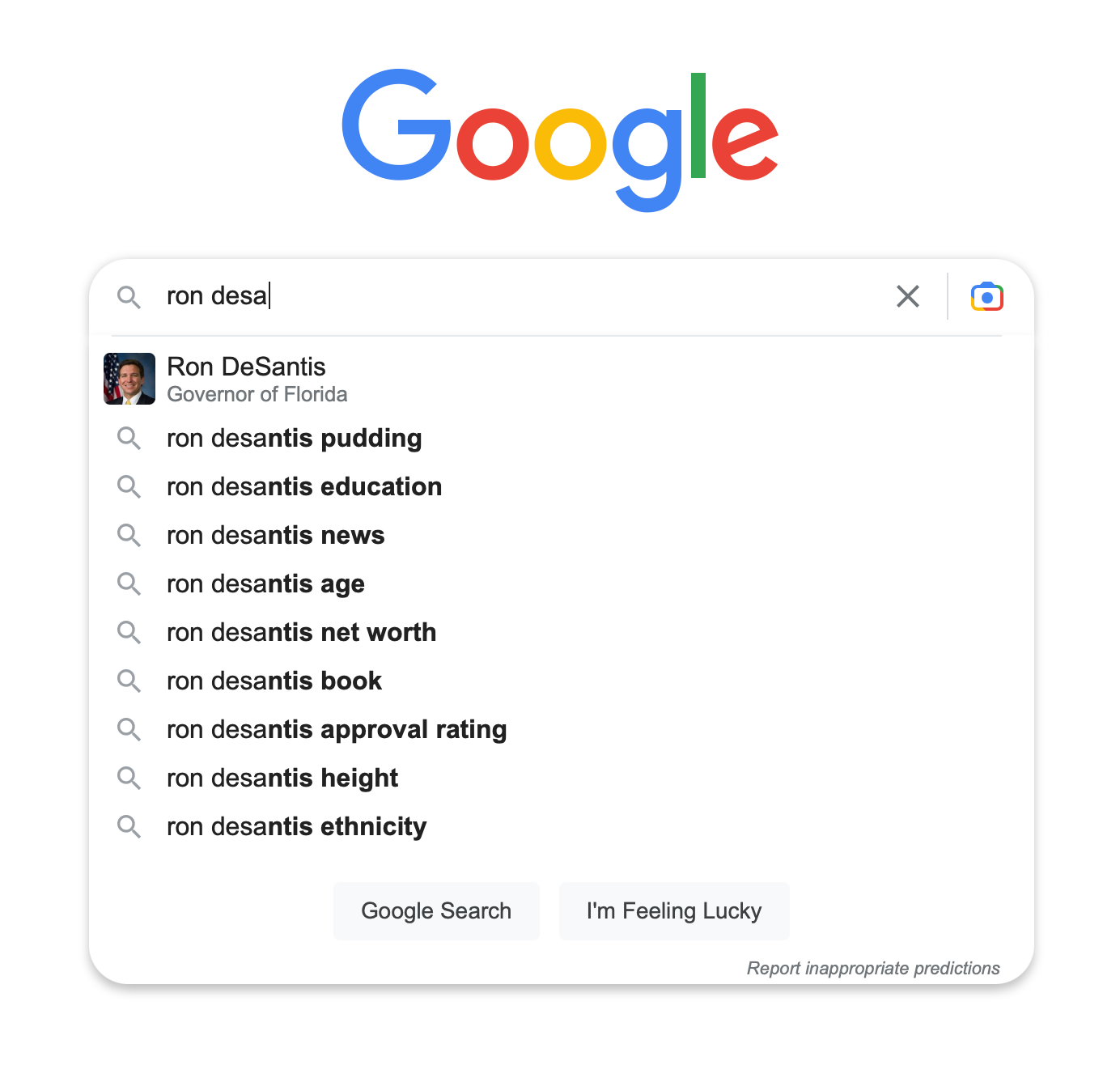Gov. Ron DeSantis remains on the offense against “anonymous sources” after controversial legislation making it easier to sue media outlets for defamation failed.
The Governor offered extended remarks about how “manufactured narratives” are used to push agendas, responding to a reporter’s friendly question about “guys talking crap” about DeSantis and not “putting their name on it.”
In Jupiter, the Governor contended “the rise of the anonymous source … allows them to recycle gossip or it allows them to do a pre-cooked narrative that they don’t have the goods for, so they can wrap it up in an anonymous source because they couldn’t prove it to the reader if they actually had to identify evidence.”
“It’s a way to create narratives and elevate narrative over fact,” DeSantis claimed, before suggesting that unnamed people “attack (him) all the time.”
“I get out of bed, I roll out of bed in the morning, the Left has a spasm,” DeSantis said.
“Honestly, it just shows you that you’re over the target. If you have New York media outlets worried about me in Florida, they’re not doing that for their health. They understand that what we’re doing in Florida, you know, we represent a threat to leftism in this country because we’re defeating leftism in the state of Florida,” DeSantis claimed.
The Governor said “these outlets are not trusted anymore” as a result, while “more and more the trust of people has gone down.”
“They’re trying to generate clicks, they’re trying to do the narrative. But the problem is most people now just dismiss it. They’ll see some headline, ‘Oh, anonymous source. We know what these guys are up to. We know what they’re doing.’”
DeSantis allowed that while anonymous sources could be used in the case of “real serious malfeasance in government” to protect someone’s identity, “you do not launder anonymous sources to smear somebody.”
“If somebody is going to go after you, you should, as a journalist … demand they put their name to that. And if they’re not willing to put their name to the accusation, then you would never run with it, ever, if you cared about actual standards,” DeSantis said.
“But I think those standards have been chucked aside,” DeSantis added.
He blamed a “race for clicks” and “now real active partisans in terms of trying to pursue an agenda.”
“Nobody trusts these people anymore. Everybody knows when they see this stuff, they know someone’s trying to feed them some type of narrative. They’re trying to sell you a bill of goods. And so in that sense, it’s like as much as they try to recycle all this and try to smear me.”
The comments come after bills that would have targeted anonymous sources died in legislative committees (HB 991, SB 1220), despite DeSantis making the case for them repeatedly before and during the 2023 Legislative Session. The chambers were far apart regarding the bills’ language during negotiations and decided to shelve them rather than focus on what Rep. Alex Andrade called “a niche issue in civil torts.”
“I think what the bill is doing now is basically saying that if somebody is defamed … that if they’re using anonymous sources, then that can be a presumption that that was done with malice. Because if not, then there’s no way you could ever have a defamation action,” DeSantis said in March.
“I think what’s happened is, particularly, corporate media outlets have relied on anonymous sources to smear people,” DeSantis added. “And I just think that that’s something that is fundamentally wrong. And so again, these are false statements of fact that defame people, the question is if you bring a suit, how are you able to show that that was malicious?”
The legislation in the House and Senate would have made it easier for people to sue journalists and media outlets for defamation by lowering the high standard set in the 1964 U.S. Supreme Court ruling New York Times v. Sullivan.
“This bill could be titled Journalism 101,” claimed Rep. Alex Andrade of Pensacola, the sponsor of the House product.
The legislation had its genesis in a DeSantis panel discussion he hosted earlier this year with people who bemoaned the difficulty in pursuing defamation claims.
The Governor held a roundtable with various people with grievances against the corporate press, including Nicholas Sandmann, whose confrontation with a Native American activist went viral some years back, gun rights activist Dennis O’Connor, lawyers Vel Freedman and Libby Locke, Carson Holloway of the conservative Claremont Institute, and journalist Michael Moynihan.
The media is “digging their own grave,” DeSantis said back then. “In the long run, it hasn’t worked out for them.”
However, at least when it comes to legislation blocking the use of these reviled anonymous sources, the media gets at least one more year of the status quo.
The post Ron DeSantis again decries ‘anonymous sources’ after anti-defamation bill fails appeared first on Florida Politics – Campaigns & Elections. Lobbying & Government..

